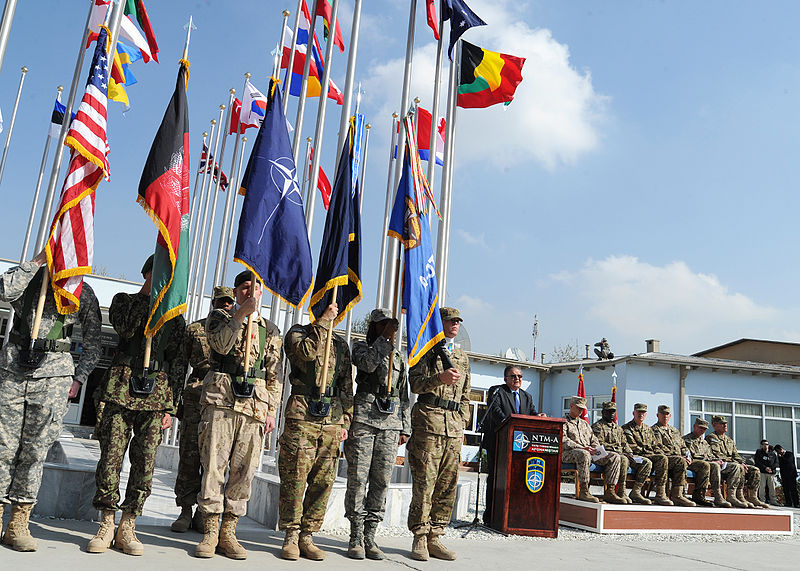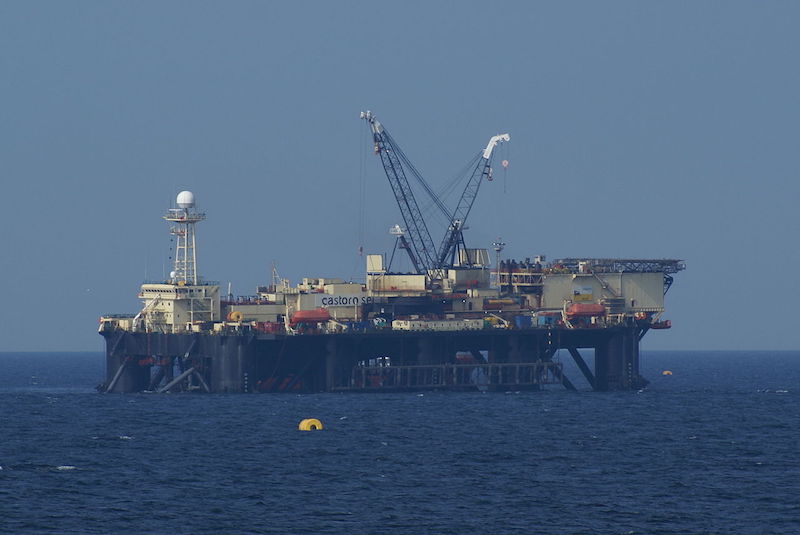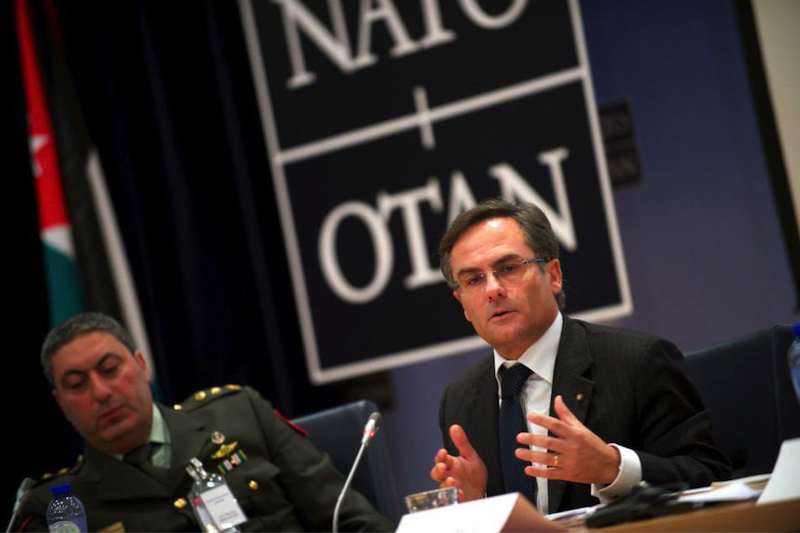In early June, the Obama administration gained significant attention for its decision to expand the authority and freedom of U.S. military commanders to strike Taliban targets in support of Afghan troops. Secretary of Defense Ash Carter characterized the change as approval to anticipate situations in which Afghan security forces would benefit from additional support. U.S. participation is currently limited to off-the-ground support for Afghan Special Forces. The expanded authority mainly directs U.S. troops to provide close-air support strikes to conventional Afghan forces, but also allows U.S. military air controller personnel to accompany them into the field to advise or assist. Although the Pentagon maintains that this is not an authorization for direct combat, it is a step towards increased ground action. This authorization has been heavily criticized because it fits into the controversial narrative of American boots on the ground. However, buzzwords aside, it also fits into a quieter narrative of prolonging the Western presence in Afghanistan.
There are about 9,800 U.S. troops in Afghanistan. The current withdrawal plan calls for a drawdown to 5,500 in 2017. The withdrawal pace could be slowed, keeping more troops in the country for as long as possible. Military officials and security analysts believe that the president may be open to keeping more troops there in a limited role to improve on the Afghan military weaknesses, including building a trained air force and growing abilities to manage budgets, logistics and intelligence.
U.S. Army Generals presented the briefing of U.S. plans in Afghanistan at a meeting with top NATO commanders. NATO’s stance is that a viable Afghan force is important for the stability of the Afghan state and for the confidence of the Afghan people in their society. The details of the future plans are so far undisclosed, but Gen. Scaparrotti, the new Supreme Allied Commander of NATO, is in favor of an approach that would remove additional forces only as conditions on the ground allow. General Pavel, chairman of the NATO military committee, maintains that there is acknowledgment among most NATO allies involved in Afghanistan that it would be best to maintain the current level of participation, because the conditions are not yet met for withdrawal. This points towards a policy direction of prolonging Operation Resolute Support (RS), composed of about 12,800 troops.
The commitment of NATO leadership to “finish what they started” in Afghanistan is understandable; the coalition has invested significantly in its goal of stabilizing Afghanistan and developments in Iraq have demonstrated the negative consequences of leaving behind a power vacuum in a premature departure.
The RS mission and its future are major contemporary issues for NATO, as it represents an ongoing fifteen year commitment—arguably the Alliance’s largest action in the 21st century. The Warsaw Summit is intended to be a forum for constructive discussion and formulation of NATO goals and policies. The conversations leading up to the summit demonstrate that NATO’s future in Afghanistan is a central issue and its leadership identifies the meetings taking place between the Afghans and coalition members as a stepping-stone towards Warsaw.
The sixth meeting of the Oversight and Coordination Body provided an opportunity for stakeholders to examine funding and requirements in Afghanistan ahead of the upcoming NATO Summit in July. Coalition partners will gather in Warsaw to finalize financial commitments to the Afghan National Defense and Security Forces for 2018 to 2020. This is all in preparation for quickly making a resolute unanimous decision on future policy regarding continued financial, tactical and on-ground support.
The tone of these ‘warm-up’ strategic meetings leaves very little doubt as to what the outcome at the Warsaw Summit will be. The only likely outcome at this point is a firm commitment to continue funding the Afghan forces through the year 2020, and reiteration of the long-term ambition for a strong political partnership and practical cooperation with Afghanistan. Both are seen as critical for Afghanistan’s ability to build sustainable security forces and ensure lasting security.
The parameters of success don’t include having an open discussion on whether prolonged commitment is ideal. Instead the focus will be on the level of donations needed, and the substance of practical changes necessary to optimize the actions of the RS mission. As Canada’s Ambassador to Afghanistan Deborah Lyons phrased it; “The ‘Road to Warsaw’ is very much… about achievements and progress. You will also hear about plans for addressing the remaining challenges.”
The impending reduction of U.S. troops is concerning for the strategic operations of RS. Its priority is to build an Afghan army which is sustainable independent of external support—a goal that is so far unachieved. The Combined Security Transition Command in Afghanistan manages $5 billion in donor funds, which is invested in equipment, facilities and contracts for the National Army and Police. If U.S. and NATO support wavers, it is not certain the Afghan forces have the foundation to hold up against the Taliban, or their own organizational challenges.
The apprehension surrounding a U.S. drawdown may not be necessary. The new authorization from the Obama administration seems to indicate a renewed build-up in a war that was supposed to be winding down. In a context of ongoing strategic requirements, the lessons from an early departure in Iraq, and the expanding authority of U.S. involvement in Afghan missions, the build up to the Warsaw Summit has an overarching tone of resolve. The summit which once held the potential to mark a turning point towards the long-awaited withdrawal from Afghanistan is likely to represent a renewed and strengthened commitment instead.
Photo: Courtesy of NATO Training Mission-Afghanistan via Wikimedia Commons. Licensed under CC.
Disclaimer: Any views or opinions expressed in articles are solely those of the authors and do not necessarily represent the views of the NATO Association of Canada.




